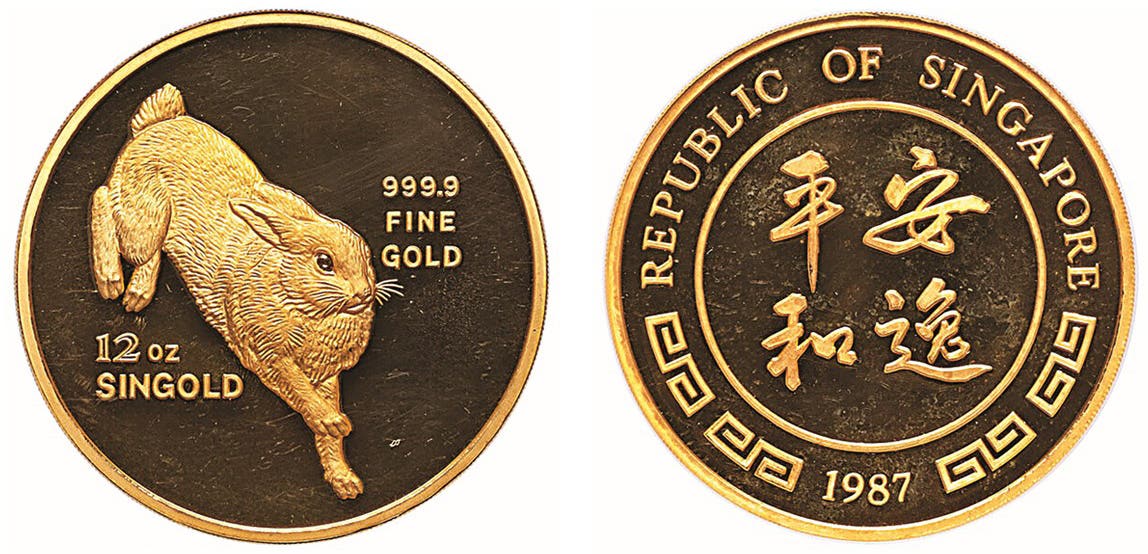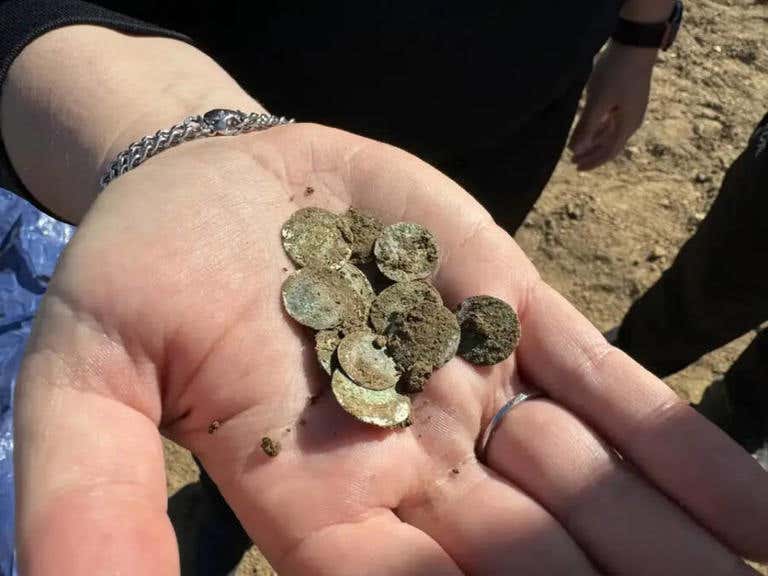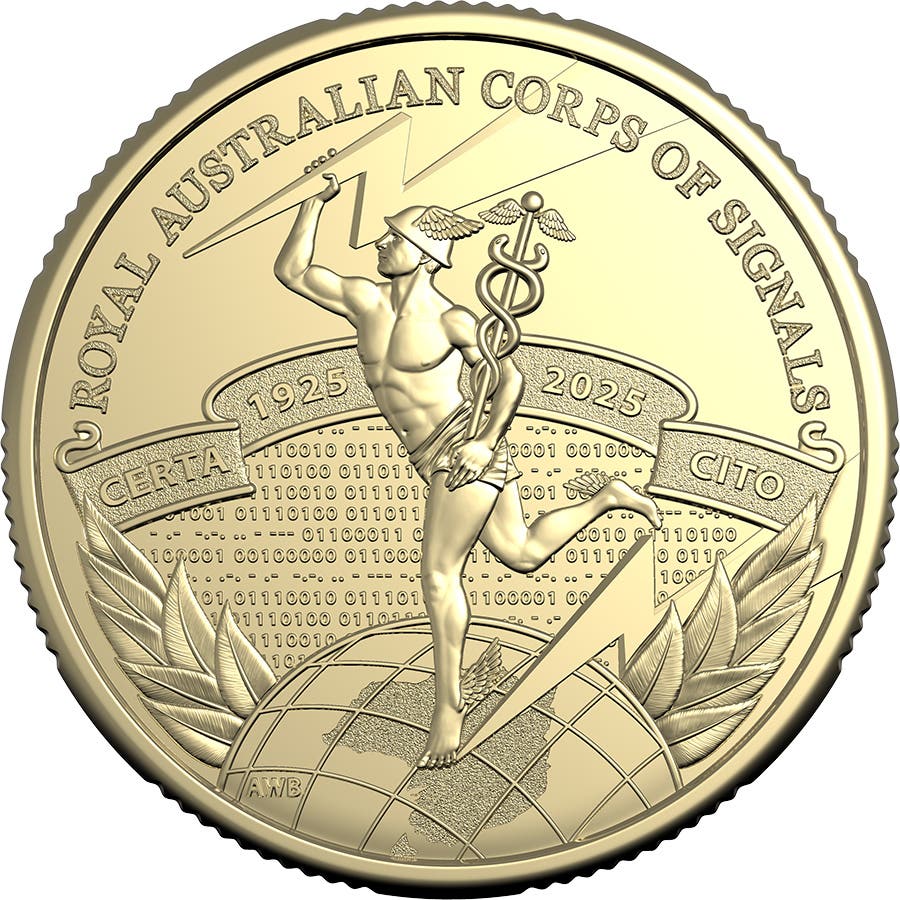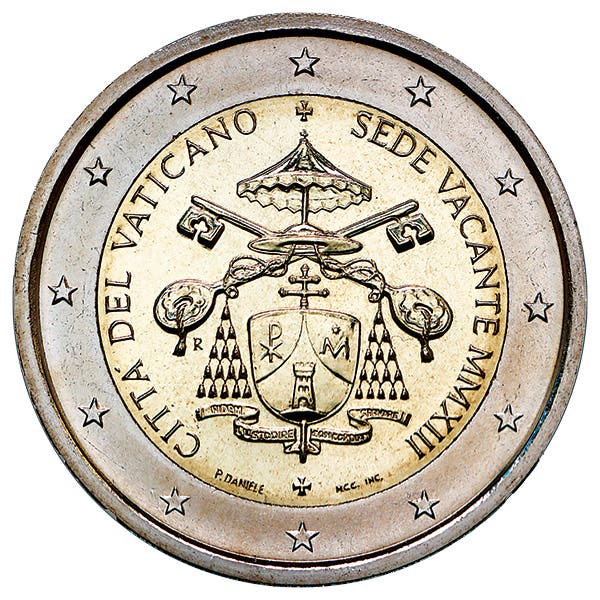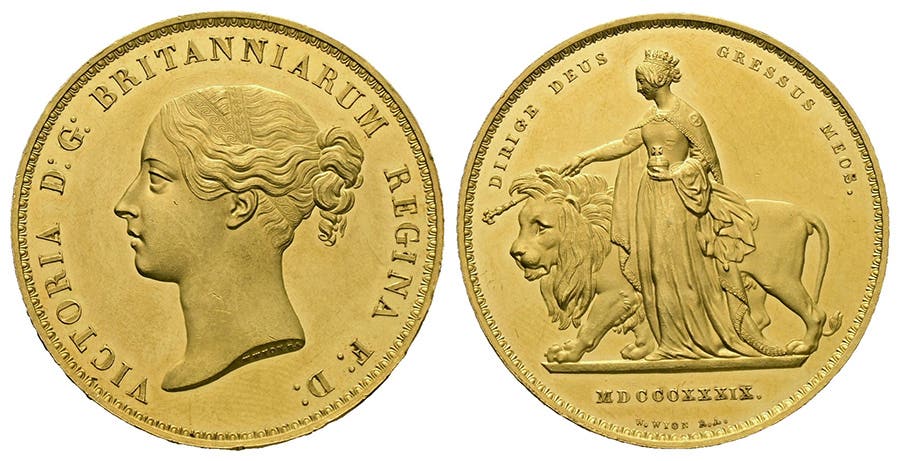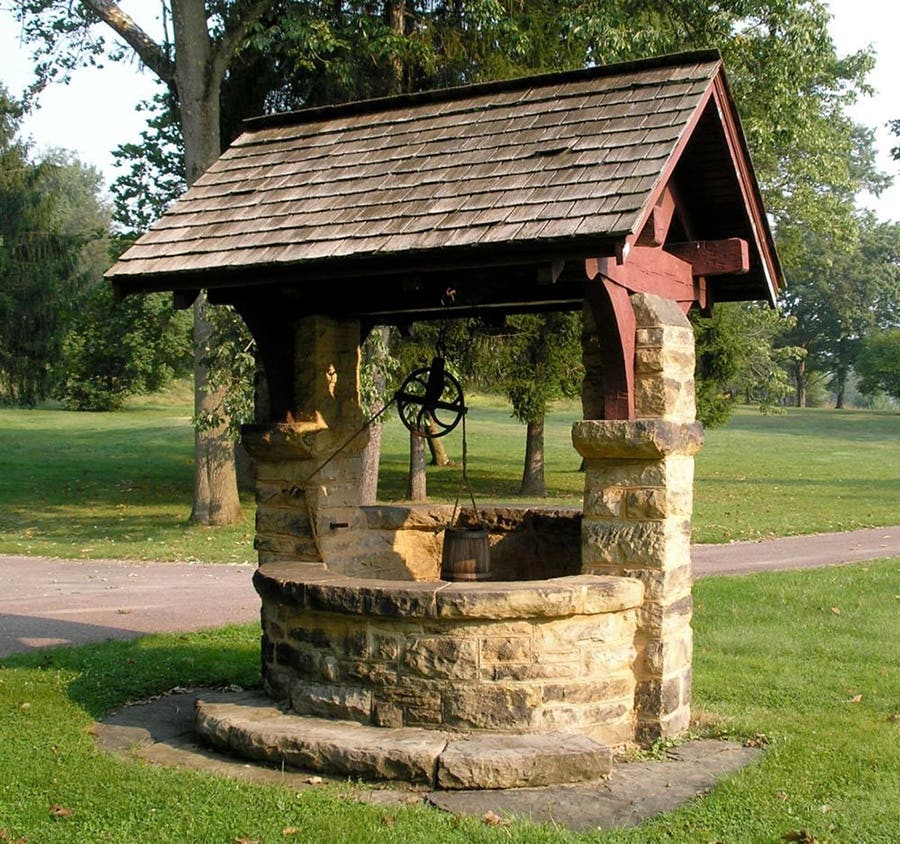Bulgaria Changes Date to Adopt Euro
Bulgarian National Bank Governor Dimitar Radev has said that the central bank has been preparing for the adoption of the euro beginning on Jan. 1, 2024.
Bulgaria is a member of NATO and a member of the European Union. Bulgaria would like to join the eurozone common currency union, but it doesn’t appear to be in the cards at the moment.
Bulgaria has recently set a new target date of Jan. 1, 2025, on which it will move from the lev to the euro. The lev, which was introduced more than 140 years ago, had a fixed exchange rate of 1.95583 lev to the euro at the time this article was being written.
Bulgaria is seeking to adopt the euro to help boost its investment and credit security. The political situation has already led to Bulgaria scrapping its initial plans to be part of the currency union by 2024.
In early 2023 then, Bulgarian Finance Minister Rossitsa Velkova announced, “Given that we will not file a convergence report now at the end of February, the target date of Jan. 1, 2024, cannot stay,” adding, “[if] we have the support of member states, we could join the eurozone no later than Jan. 1, 2025.”
Widespread corruption had been seen as the main obstacle to Bulgaria’s entering the eurozone, but now it appears this is only part of the story. A 2022 survey indicated the Bulgarian public is concerned a switch to the euro might bring inflated prices.
It also appears the very pro-Russian Revival political party is opposed to Bulgaria joining the eurozone at a time when Russia would like to see Bulgaria not only abandon its desire to use the euro but to exit NATO as well.
According to current Bulgarian Finance Minister Assen Vassilev, “We’ve seen the fake news, we’ve seen the Russian propaganda. Russia would try to stop further European integration in general and try to destabilize any efforts in that direction by any country.” Vassilev replaced Velkova as finance minister in June.
You may also like Bulgaria to Introduce Euro
In September, the Revival Party organized a protest against the euro. The protest was part of a campaign to get Bulgaria to leave NATO. It was quite a spectacle, with party supporters waving Russian flags while chanting anti-western slogans. Revival went as far as to gather thousands of signatures on a petition as part of a campaign demanding a referendum on Bulgaria’s status with NATO. The petition was rejected by Bulgaria’s parliament.
The fight over the euro’s future in Bulgaria has spilled over into other venues. Bulgaria recently expelled one Russian and two Belarussian priests while closing the Russian church in Sofia, accusing the individuals of espionage. More than 70 Russian diplomats were expelled in 2022. Russia continues to deny it is trying to influence Bulgarian affairs.
Bulgaria has pegged its lev-denominated currency to the EU euro. Vassilev says inflation is easing. Vassilev is backed by a large pro-euro coalition of former rivals that united to end a years-long political crisis.
According to Vassilev, “Even though there is probably more pro-Russian sentiment and much more Russian propaganda here, Bulgarians are sensible enough to know where their interest lies. People start seeing the benefits of not only being tied to the euro through the currency board that we have but actually have the euro.”
Bulgaria’s currency has been part of the exchange rate mechanism or ERM II since July 2020. Bulgaria is required to participate in this mechanism “without severe tensions” and without devaluing its currency against the euro for at least two years if the nation is to qualify to adopt the euro. Being part of the ERM II is viewed as being an important milestone on the road to adopting the euro.
Bulgarian National Bank Governor Dimitar Radev has said commercial banks will be technically prepared to accept the euro by the end of 2023. According to Radev, the central bank has been preparing for the adoption of the euro beginning on Jan. 1, 2024.
The Governing Council of the Bulgarian National Bank has already planned ahead, announcing the Madara Rider will appear on the national side of all low denomination coins, St. John of Rila on the €1, and Paisius of Hilendar on the €2. The word Bulgaria will appear in Cyrillic as лари. Cyrillic will also be used to express the euro (евро) and stotinka (стотинка) for coins of 1-, 2-, 5-, 10-, 20-, and 50-euro cent denominations. In keeping with Bulgarian historical tradition, the legend БОЖЕ, ПАЗИ БЪЛГАРИЯ for God, Protect Bulgaria will appear on the €2.



